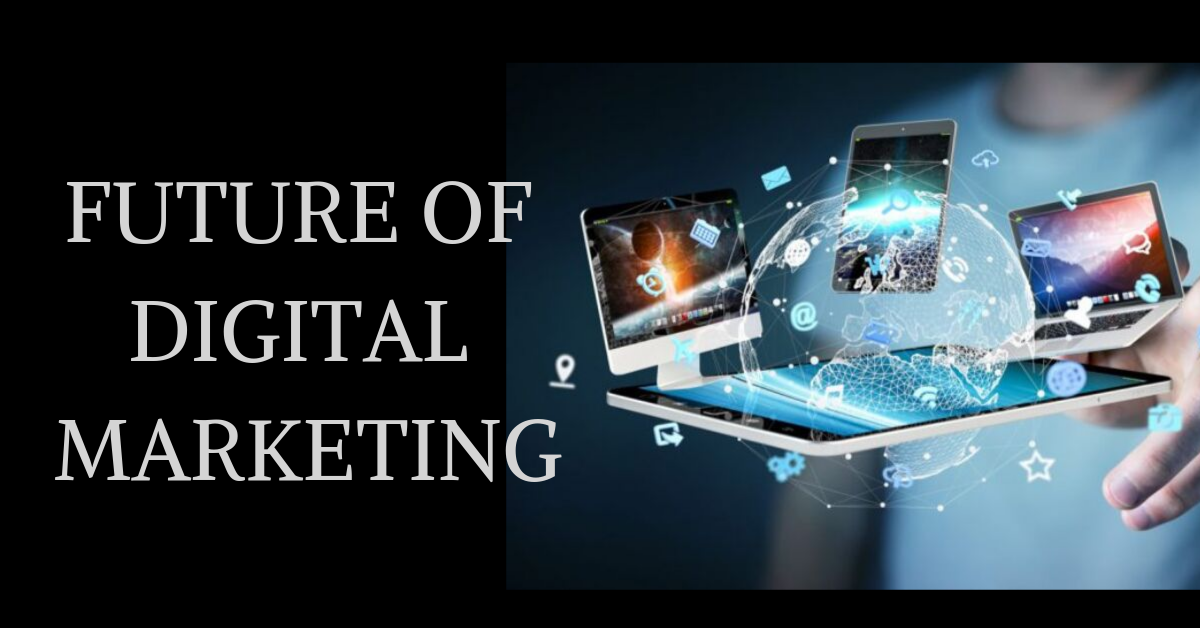

The Future of Digital Marketing: Trends, Innovations, and Opportunities
The digital marketing landscape has undergone a significant transformation in recent years, driven by rapid technological advancements, changing consumer behavior, and the rise of new platforms and tools. As we move forward, it’s essential to stay ahead of the curve and understand the trends, innovations, and opportunities that will shape the future of digital marketing.
Artificial Intelligence and Machine Learning
Artificial intelligence (AI) and machine learning (ML) are revolutionizing digital marketing by enabling businesses to personalize customer experiences, optimize campaigns, and improve efficiency. AI-powered tools can analyze vast amounts of data, identify patterns, and make predictions, allowing marketers to:
- Enhance customer segmentation: AI-driven segmentation enables marketers to create highly targeted campaigns based on individual behavior, preferences, and demographics.
- Optimize content creation: AI-powered content generation tools can produce high-quality, engaging content at scale, freeing up marketers to focus on strategy and creativity.
- Predict customer churn: AI-driven predictive analytics can identify customers at risk of churning, enabling marketers to proactively engage and retain them.
Voice Search and Conversational Marketing
The increasing adoption of voice assistants like Siri, Alexa, and Google Assistant is changing the way consumers interact with brands. Voice search is becoming a key channel for customers to discover, research, and purchase products. Marketers must adapt by:
- Optimizing for voice search: Businesses must ensure their websites, content, and SEO strategies are optimized for voice search, using natural language and long-tail keywords.
- Developing conversational interfaces: Brands should create conversational interfaces, such as chatbots and voice-activated assistants, to provide seamless customer experiences.
Visual and Augmented Reality
Visual and augmented reality (VR/AR) technologies are transforming the way brands engage with customers, offering immersive and interactive experiences that drive engagement and conversions. Marketers should:
- Create immersive experiences: Develop VR/AR experiences that allow customers to interact with products, explore virtual showrooms, and engage with brand stories.
- Enhance customer service: Use VR/AR to provide customers with interactive, step-by-step guides and support, enhancing the overall customer experience.
Influencer Marketing and Social Commerce
Influencer marketing has become a crucial channel for reaching target audiences, building brand awareness, and driving conversions. Meanwhile, social commerce is emerging as a key driver of sales. Marketers should:
- Partner with micro-influencers: Collaborate with niche influencers who have higher engagement rates and more targeted audiences.
- Leverage social commerce platforms: Utilize platforms like Instagram Shopping, Facebook Marketplace, and Pinterest Shopping to enable seamless purchases and reduce friction.
Data-Driven Marketing and Analytics
The proliferation of data and analytics tools has enabled marketers to measure, optimize, and personalize campaigns with unprecedented precision. To stay ahead, marketers must:
- Invest in data management platforms: Leverage DMPs to unify customer data, create targeted segments, and activate personalized campaigns.
- Embrace multi-touch attribution: Move beyond last-click attribution and adopt multi-touch attribution models to accurately measure campaign performance and optimize budget allocation.
Sustainability and Social Responsibility
Consumers are increasingly demanding that brands prioritize sustainability, social responsibility, and transparency. Marketers must:
- Integrate sustainability into brand messaging: Communicate brand values, initiatives, and commitments to sustainability and social responsibility.
- Develop environmentally friendly marketing strategies: Opt for digital marketing channels and tactics that reduce waste, carbon emissions, and environmental impact.
The Future of Work in Digital Marketing
The rapid evolution of digital marketing has also transformed the nature of work in the industry. To stay competitive, marketers must:
- Upskill and reskill: Invest in continuous learning and professional development to stay current with the latest trends, tools, and technologies.
- Embrace agile and flexible work arrangements: Adopt remote work, flexible hours, and collaborative workflows to attract and retain top talent.
Conclusion
The future of digital marketing is shaped by technological advancements, changing consumer behavior, and the emergence of new platforms and tools. To succeed, marketers must stay ahead of the curve by embracing AI, voice search, VR/AR, influencer marketing, data-driven analytics, sustainability, and social responsibility. By doing so, businesses can create personalized, engaging, and immersive customer experiences that drive growth, loyalty, and long-term success.
Additional Resources
- AI in Marketing: Explore the latest AI-powered marketing tools and strategies in our comprehensive guide.
- Voice Search Optimization: Learn how to optimize your website and content for voice search with our step-by-step guide.
- VR/AR in Marketing: Discover the latest trends and innovations in VR/AR marketing and how to get started with our beginner’s guide.
- Social Commerce Strategies: Find out how to leverage social commerce platforms to drive sales and revenue in our expert guide.
Stay ahead of the curve in digital marketing by following our blog and social media channels for the latest news, trends, and insights.




